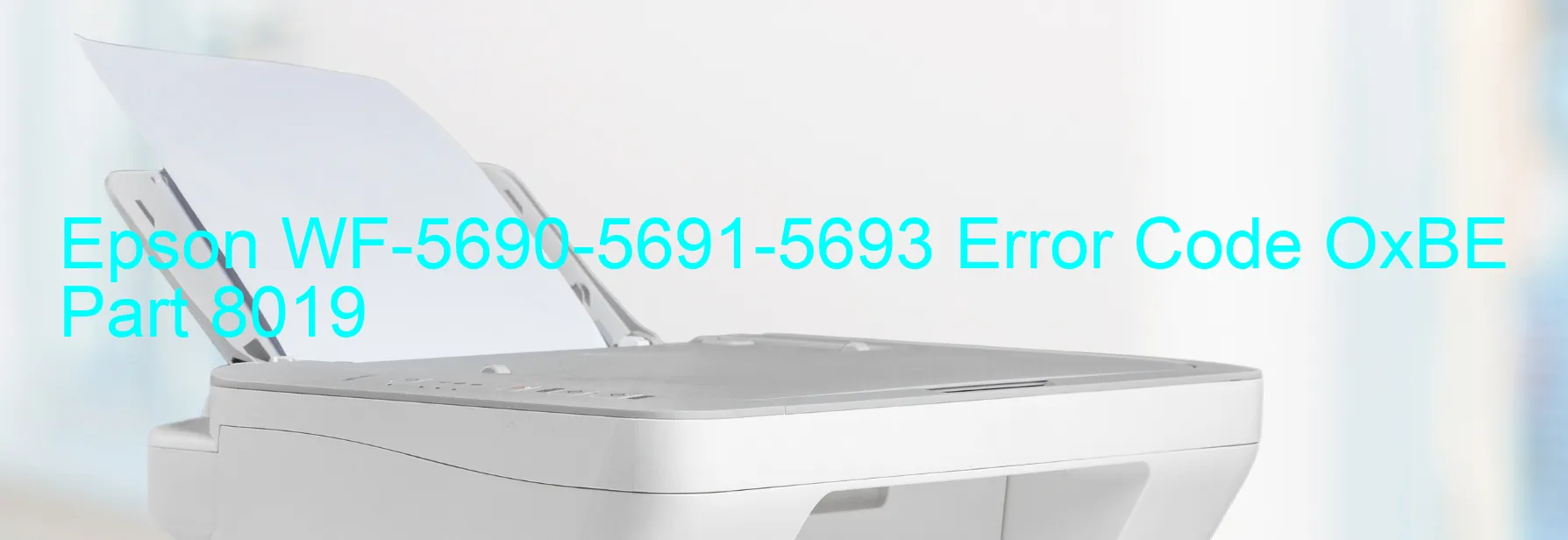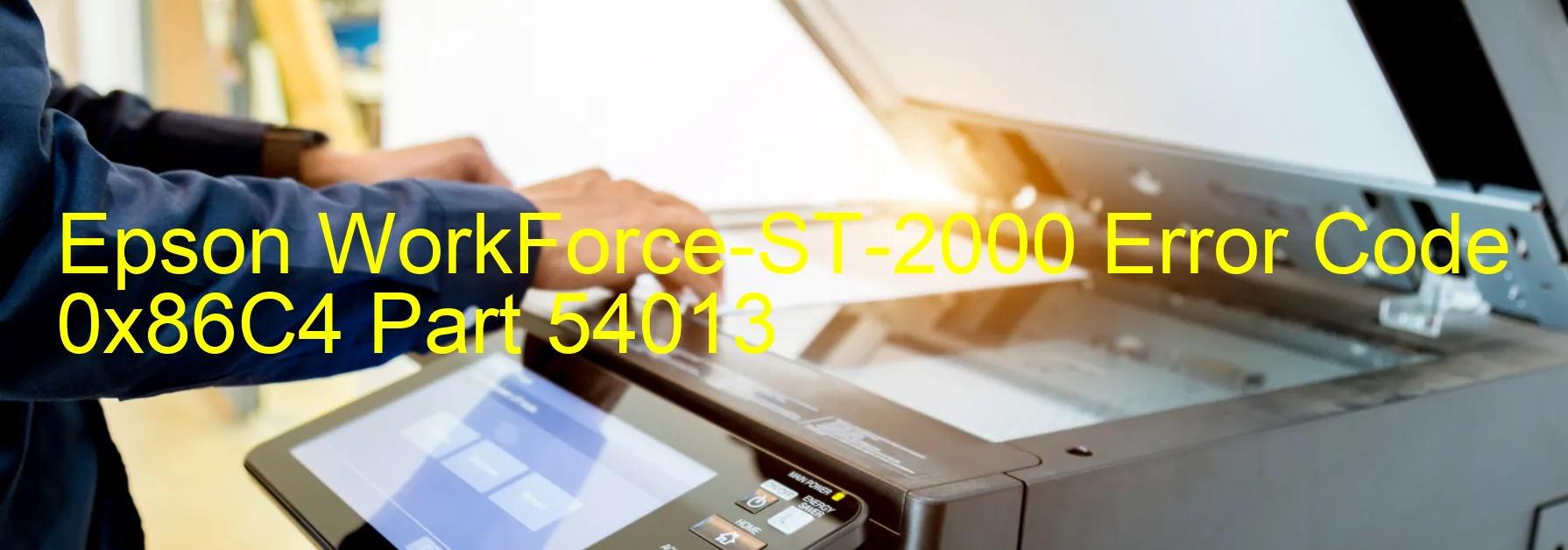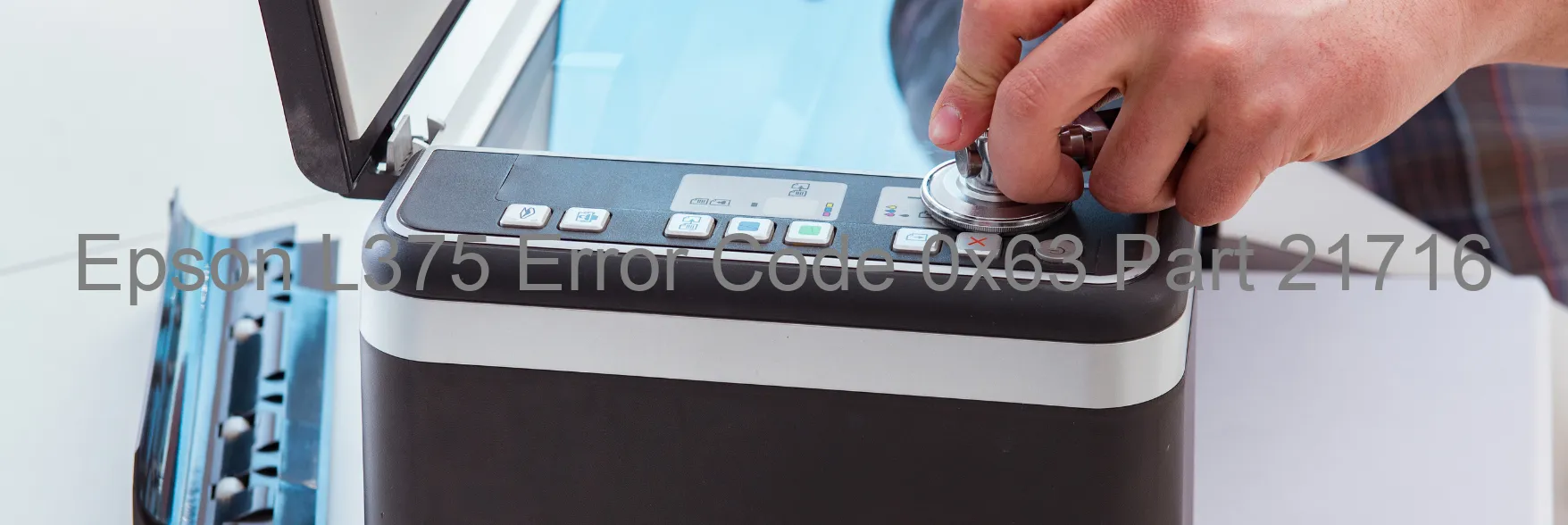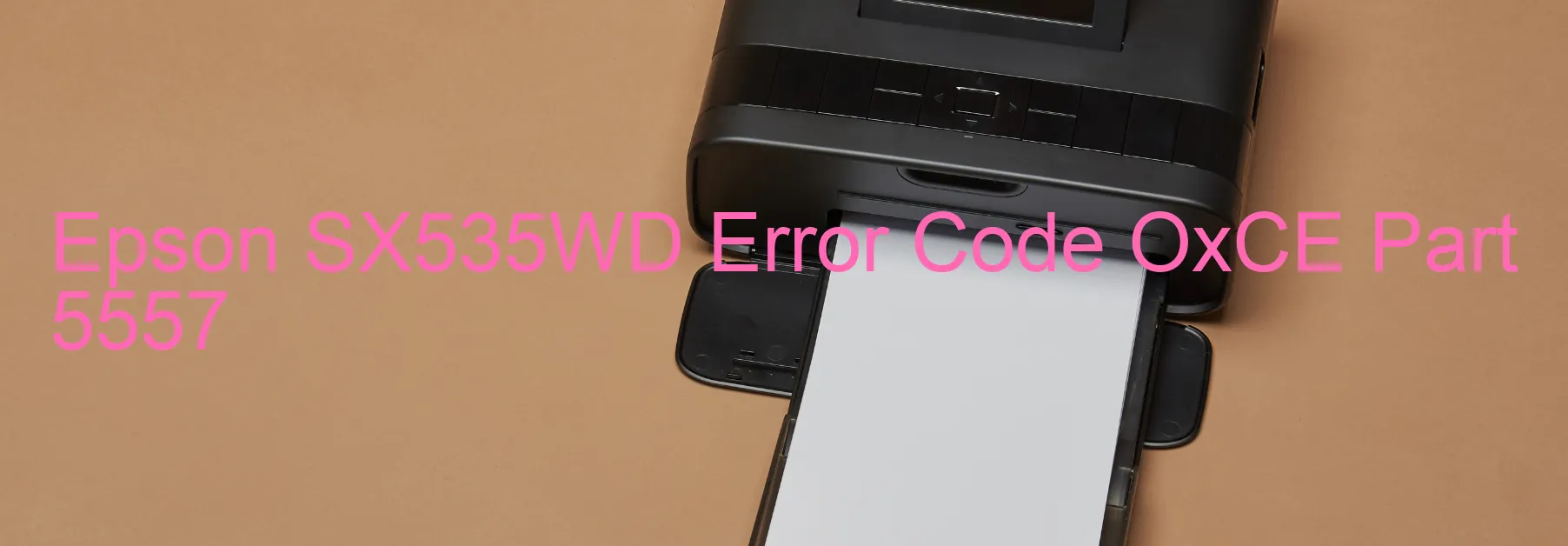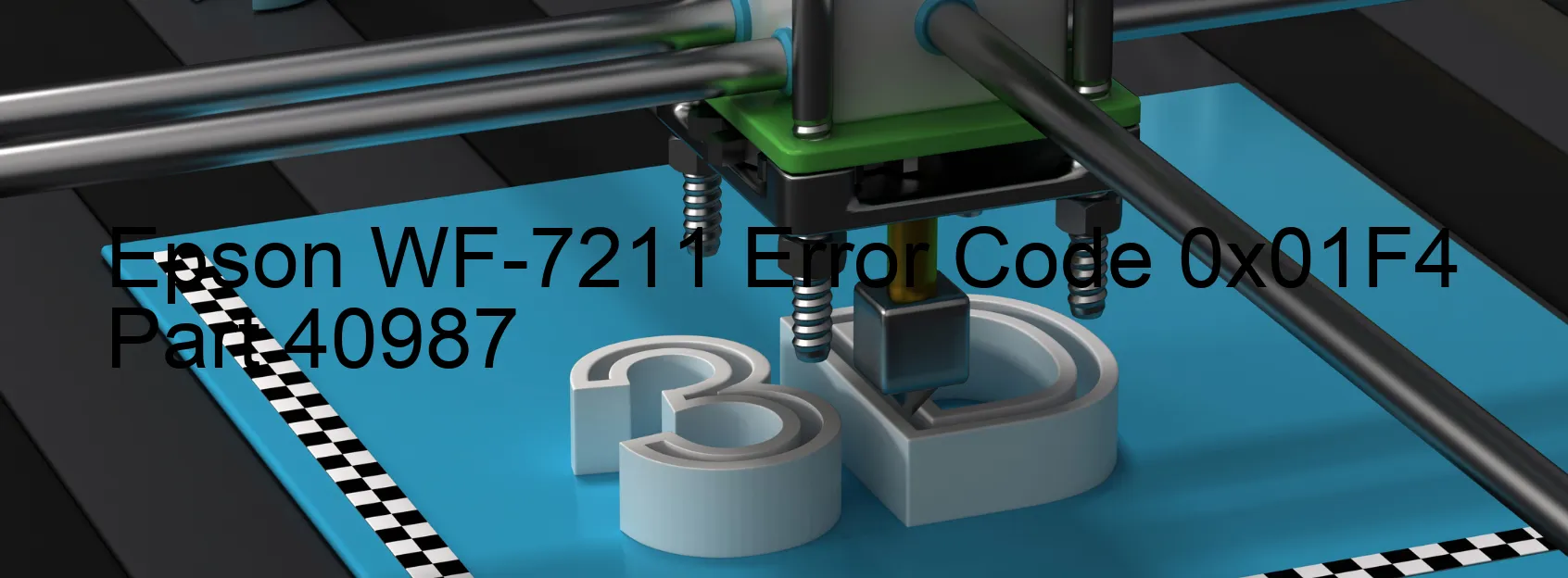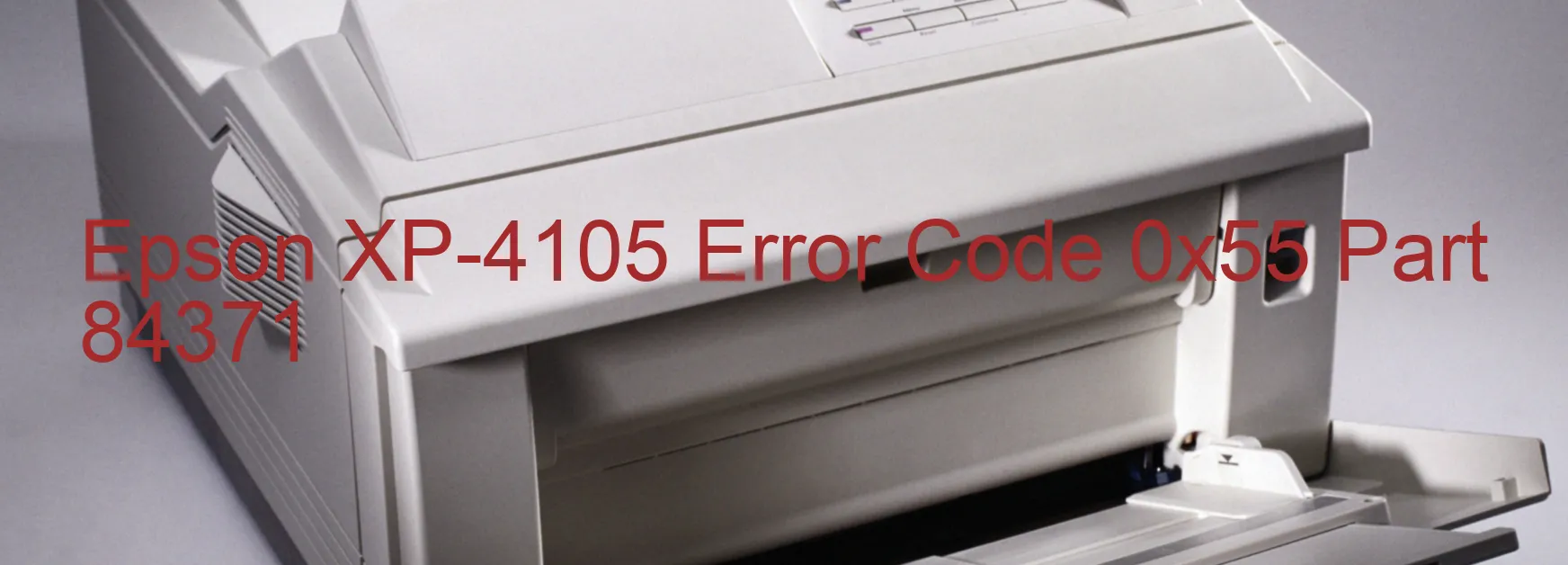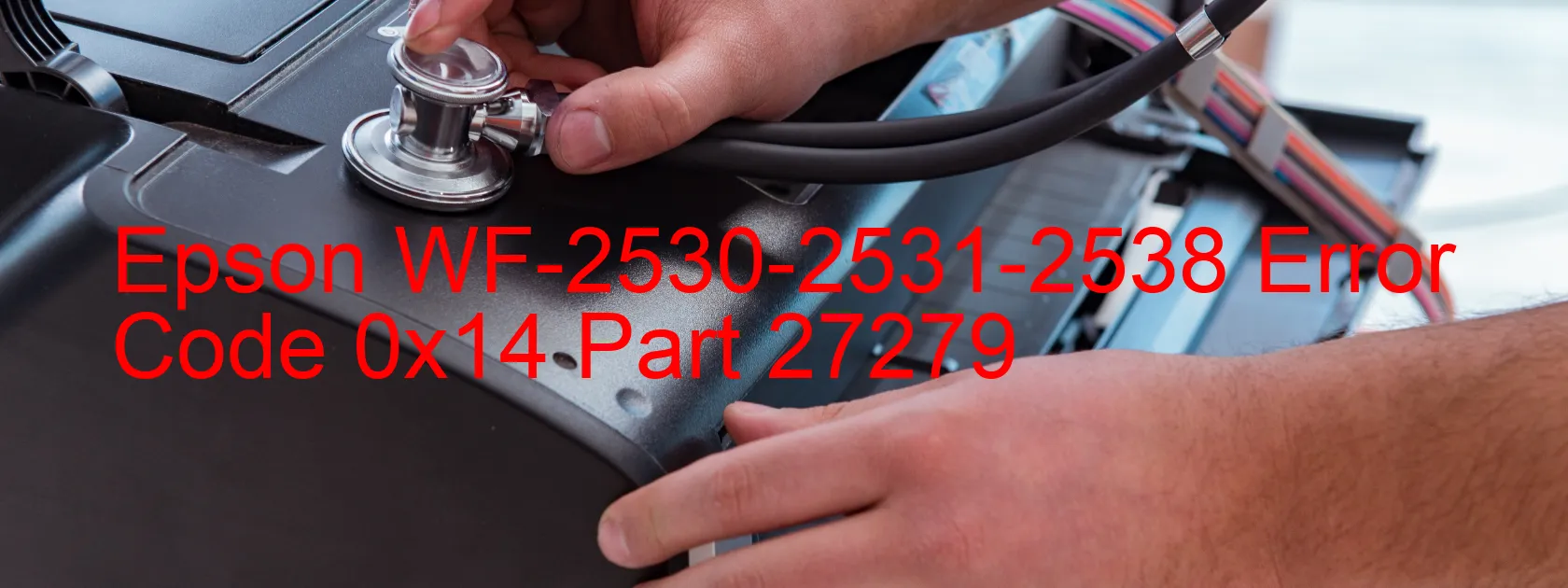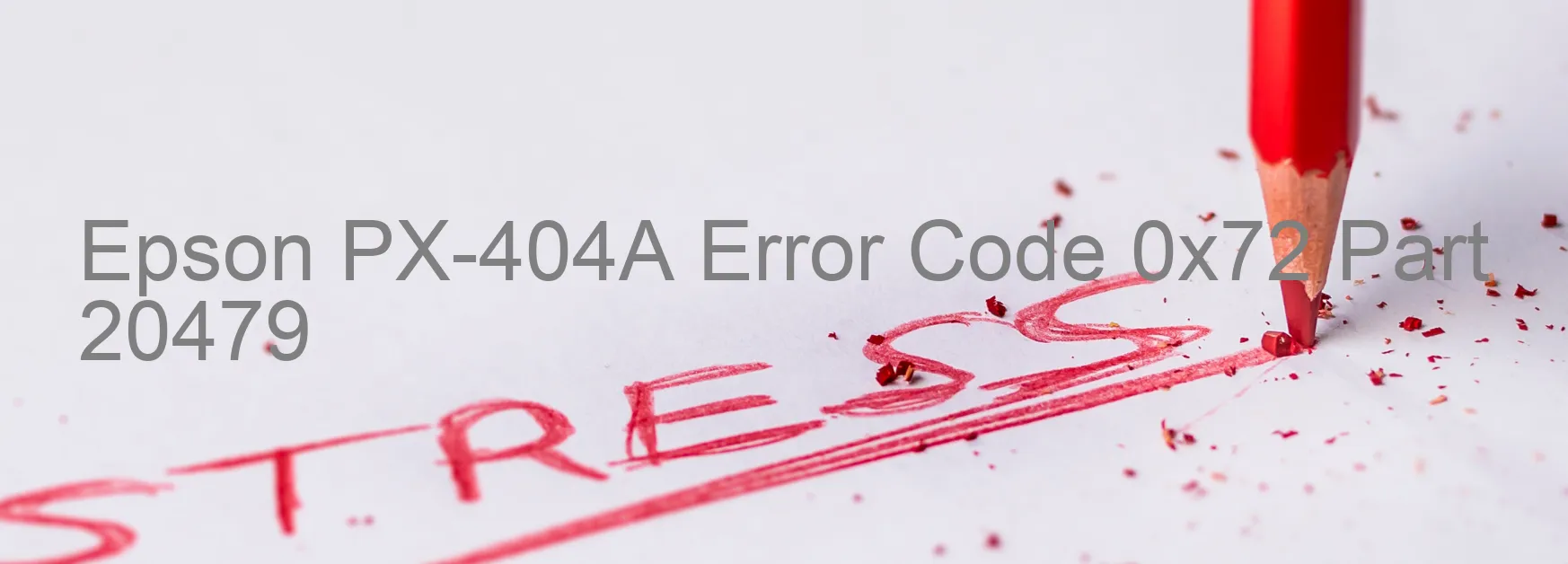Epson XP-100 Error 0xF2
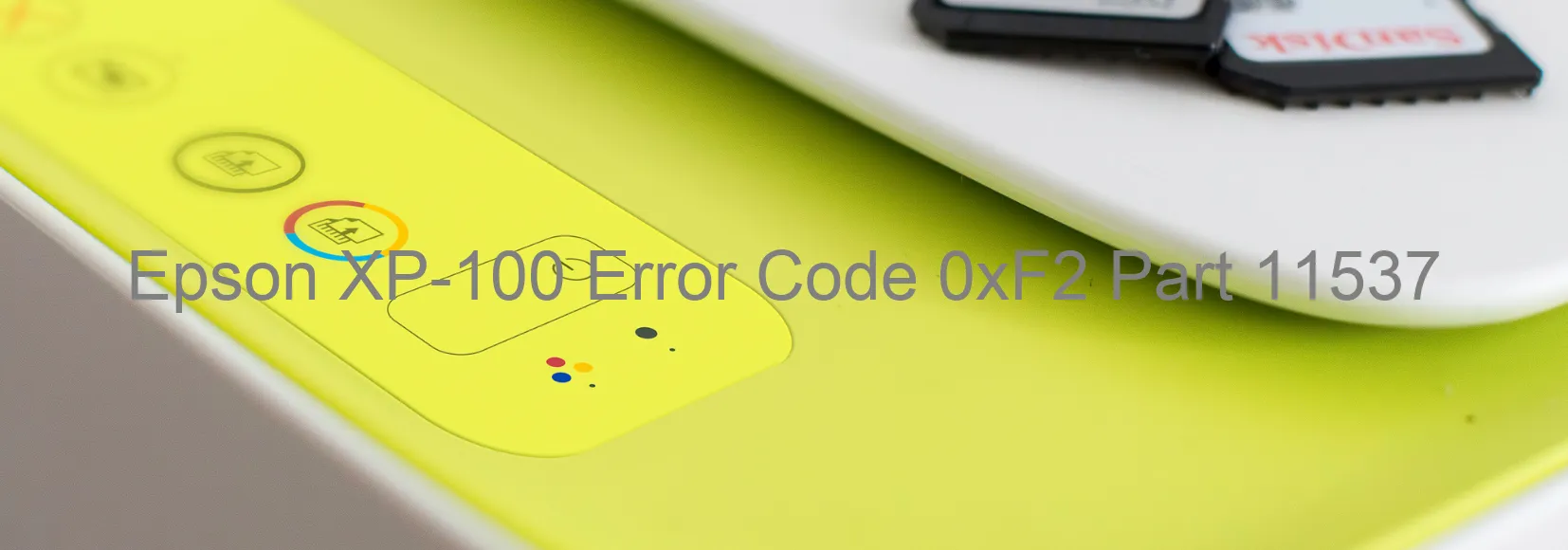
The Epson XP-100 printer is a reliable and efficient printing device that occasionally encounters errors. One such error code is 0xF2, which is displayed on the printer. This error occurs when there is a problem with the PF PID (Positioning Identification) and is accompanied by a message indicating “PF PID excess speed error.”
The main cause of this error is typically an issue with the PF motor. Sometimes, the motor rotates at a higher speed than expected, leading to the error code. Additionally, encoder failure, tooth skip, or improper tension of the timing belt can also result in this error. In some cases, the motor driver or even the main board of the printer may be faulty, leading to the error code 0xF2.
To troubleshoot this error, there are a few steps you can follow. Firstly, ensure that there are no obstructions or foreign objects that may be preventing the smooth rotation of the PF motor. If any such objects are found, remove them carefully. Secondly, inspect the timing belt for any signs of damage or improper tension. If necessary, readjust or replace the belt.
If these steps do not resolve the issue, it is recommended to contact Epson customer support or a qualified printer technician for further assistance. They can provide more advanced troubleshooting steps and determine if there is a need for motor driver or main board replacement. Remember, attempting to fix complex printer errors without the necessary expertise may cause further damage to the device.
In conclusion, error code 0xF2 on the Epson XP-100 printer indicates a PF PID excess speed error caused by several factors, including motor issues, encoder failure, and timing belt problems. Take precautionary measures and seek professional help when needed to resolve this error and maintain the optimal functioning of your printer.
| Printer Model | Epson XP-100 |
| Error Code | 0xF2 |
| Display on | PRINTER |
| Description and troubleshooting | PF PID excess speed error. The PF motor rotates faster than expected. Encoder failure. Tooth skip or improper tension of the timing belt. Motor driver failure. Main board failure. |
